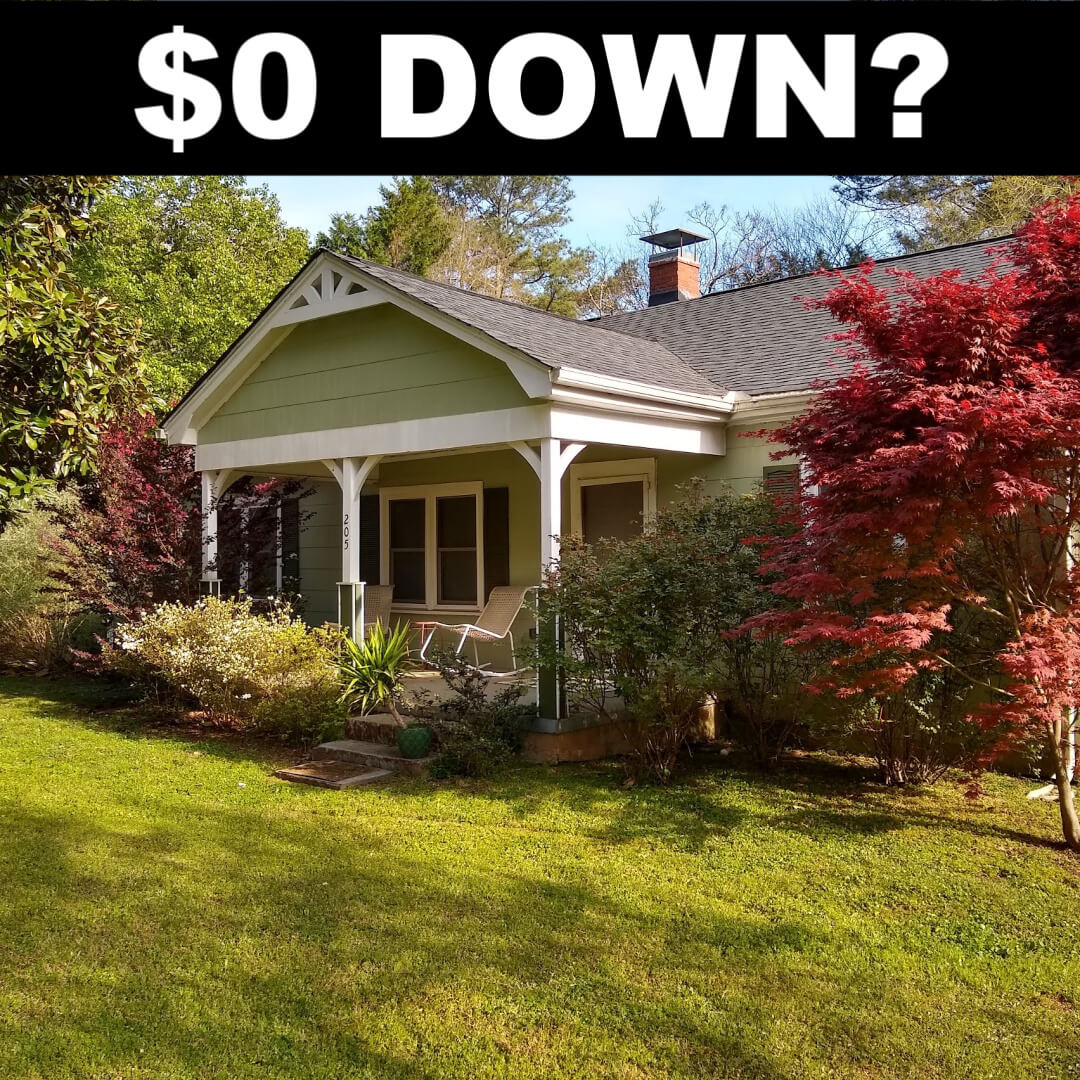It is possible to buy a house with no money down, but it can be difficult and depends on your financial situation and creditworthiness. Here are some ways to potentially buy a house with no money down:
- VA loans: If you are a military veteran or an active-duty service member, you may be eligible for a VA loan, which allows you to purchase a home with no down payment. You might also be surprised to know that VA loan are assumable and you don’t necessarily have to be a veteran to assume such a loan.
- USDA loans: If you are looking to buy a home in a rural area, you may qualify for a USDA loan, which also allows for no down payment. The home must be situated ina a USDA eligible area. Your Realtor should be able to look at the official map and tell you if a specific house qualifies. Keep in mind that these are rural areas so there won’t be any qualifing properties within the limits of most cities.
- FHA loans: The Federal Housing Administration (FHA) offers loans with a minimum down payment of 3.5%, which is much lower than the typical 20% down payment required for conventional loans. However, you will need to pay mortgage insurance premiums. Some lenders also have loan products that are 100% so ask your Realtor if they know of any lenders with a loan package like this.
- Down payment assistance programs: Some states and local governments offer down payment assistance programs that can help you cover the upfront costs of buying a home. Most do have requirements for giving you the assistance funds so be sure and know what those are so you can know that you can comply. These are great programs for people who can afford a mortgage payment but haven’t been able to save money for a down payment.
It’s important to note that buying a home with no money down typically means you will have a higher monthly mortgage payment and may have to pay private mortgage insurance (PMI) or other fees. It’s important to consider your financial situation and whether you can afford the ongoing costs of homeownership before making a decision.


 Facebook
Facebook
 X
X
 Pinterest
Pinterest
 Copy Link
Copy Link
